Courses
Intro to effective altruism
Learn about the core ideas of effective altruism

In this free, 8-week online course, you’ll meet like-minded people and explore ways to have more impact with your careers and donations

8 weeks / 3.5h per week
Online
No fees
Facilitator led
Global community
From ideas to action
Global network
3000+ learners across 50+ countries who care deeply about improving the lives of others.
Ideas and tools
Learn new concepts, ideas, and frameworks to have further your impact.
Structured guidance
Guidance from experienced facilitators to explore the ideas.
How it works
Apply
5 min application
Tell us about yourself and why you’re applying.
Every week
2h prep
Before each discussion you’ll spend around two hours completing a set of readings, podcasts or videos.
1.5h discussion
Weekly discussions with a cohort of 4-8 participants and one facilitator.
Talk to 1400+ alumni
Access a Slack channel of people dedicated to helping others.
Next steps
Stay in touch and take action
Many participants stay in touch with their facilitator, or are supported in taking next steps by the courses team.
“The introductory EA Program was my primary onboarding to EA. The In-Depth Program made me far more conversant with EA thinking, to the point of securing a place on the Charity Entrepreneurship Incubation Program."

Martyn James, Founder at Clearer Solutions
What our alumni have been up to
Vlad started a workplace group at NASA
Denisse volunteered for ‘Effective Institutions’
Michael founded the Stanford Alternative Protein Project
Sydney launched workshops on longtermism
Buhle advocated to improve food fortification in South Africa
Questions you’ll explore
Who should we care about helping?
How much better are the best options to do good?
What can we do to prevent the next pandemic?
How does climate change compare to other risks?
How can you have impact with your career?
Curriculum
Week 1
The effectiveness mindset
We’ll explore why it's important to think carefully about how you spend your time and money to help others, and why a "scout mindset" is critical to finding the best opportunities.
Week 2
Differences in impact
Some efforts to help can be much more effective than others. We'll share a tool for estimating impact and look into one promising focus area: reducing global poverty.
Week 3
Radical empathy
Should we care about the suffering of non-human animals as well as humans? Alongside this question, we'll explain the ideas of expected value and impartial altruism.
“I had been interested in EA for many years when I signed up to be a facilitator. Virtual Programs helped me become more deeply involved in the community, and led me to pursuing a more impactful career sooner.”

Asher, Project Manager, Effective Ventures
Our alumni work at



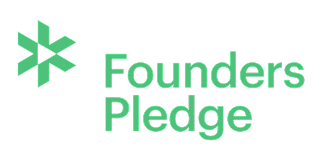

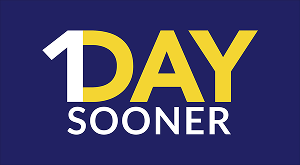


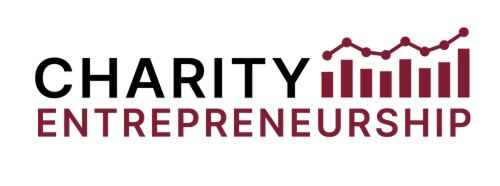

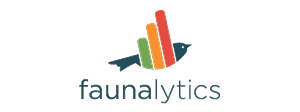
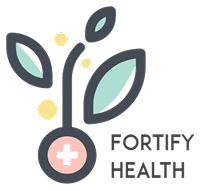

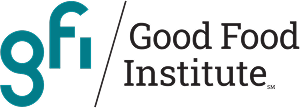



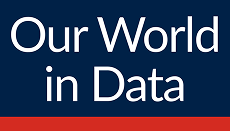
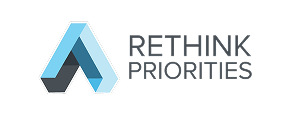


Guided learning experience
It’s difficult to know where to start when learning about effective altruism. Your facilitator will help you to explore the content, form your own views, and guide conversations between you and other participants.
Jack White
Jack is an organizing and campaign specialist at New Roots Institute where he supports campaign work focused on ending factory farming. Previously as Director of Research at Project Implicit, he oversaw research operations and collaborated with researchers on social psychology research. He holds a bachelor's degree in Psychology and History from the University of Wisconsin-Madison and enjoys skateboarding, snowboarding, and surfing. He has been facilitating since May 2023.
Lauren Manguikian
Lauren manages campus operations at Lightcone Infrastructure. Previously, she organized EA Bay Area community events and was team lead for EAGxBerkeley 2024. Lauren holds a Master's in Behavioral and Cognitive Neuroscience from the University of Groningen and a BS in Ecology from UC San Diego, where she led the Animal Rights Organization.
David Varga
David is a corporate finance professional with experience leading acquisition projects, fundraising and managing large teams. He holds a Master’s degree in Finance from the London School of Economics, and has a strong interest in rationality, wisdom, mental models, effective altruism, safe development of AI and epistemic truth-seeking. His hobbies are opera, languages, and cultural immersion. He lived all around the world, including US, UK, Europe and, most recently, China.
FAQ
Who is this course for?
Our courses welcome participants from all backgrounds who want to think carefully about how to do the most good.
What are the requirements to participate?
- Availability: 2+ hours per week for readings, and 1.5 hours for discussions
- A reliable internet connection
- English language skills sufficient to constructively engage in group discussions
- Over 18 years of age
How does the application process work?
- Submit your application through our application form.
- We send out admissions decisions the week after the deadline for the program has closed.
- If accepted, you'll receive an email asking you to share your availability so that we can match you with a discussion group at a time that suits you.
How much should I know about effective altruism before applying?
No prior knowledge of effective altruism is required, although we do expect participants to demonstrate a genuine interest in effective altruism when signing up for the course.
Why is the course free?
Our donors cover the cost of this program because they see it as an opportunity for impact — many participants go on to have a greater impact than they would have otherwise.
The Introductory EA Program